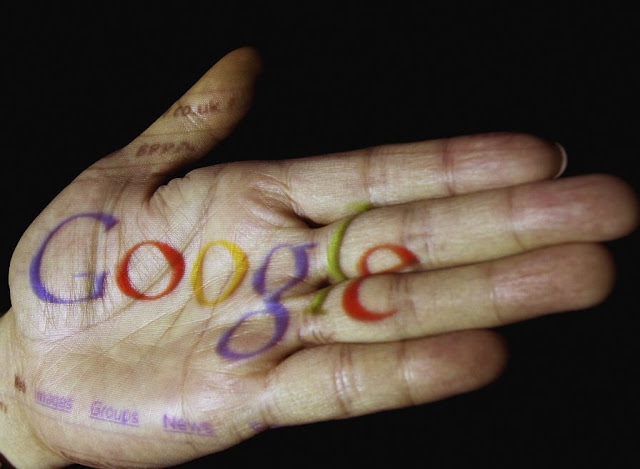Everybody Lies, But Google May Know the True You.
Everyone lies - to friends, families, and their significant other. But it seems to be brutally honest with our Google searches.
It seems that we are writing our deepest and darkest fears in the omnipresent search box. Unlike the cured and somewhat ambitious characters portrayed in social networks, our Google searches offer a window into the human psyche.
"I think there's something cathartic about telling things to Google that you do not tell anyone else," says Seth Stephens-Davidowitz. Stephens-Davidowitz is the author of the bestseller Everybody Lies: Big Data, New Data, and what the Internet can tell us about who we really are, and a former data scientist on Google. He is also a Harvard-trained economist who received his Bachelor of Philosophy from Stanford; A data scientist attracted by the most important questions of life.
To the data scientist, our relationship with Google is acting as a true digital serum. What we say to others, and maybe even what we tell ourselves, is different from how we act with a Google search - what comes out when we feel that no one is looking.
Someone is watching, of course, and Google has made this data (without identifying the features of the search engine) available to researchers and other interested parties. For someone like Stephens-Davidowitz, this is a gold data mine. In the process, we can better understand the gulf between our "stated preference" in surveys and social media, and our "revealed presence" that comes up in Google's searches.
In other words, there is a dramatic difference between the Google of Facebook and the Google of Google. Since Facebook is for public consumption, the "social desirability bias" comes into play to influence our beliefs expressed toward those who are considered more socially acceptable. Google's searches, on the other hand, free us from the confines of social expectations - leaving out a more authentic, and perhaps less desirable, self. Are we more racist then we project on social networks? Do parents treat their children differently, while adopting egalitarian beliefs on Facebook?
Do we have multiple personalities online?
"I think it's interesting that we learn that people have these multiple identities," says Stephens-Davidowitz. "Usually, we only see one of these identities, we see the external identity, with this data how complicated people are, how they have multiple sides."
About us? It is a question we have been pondering over the ages, but the finding of Google data - and its ability to pick up understanding of the human condition - is adding an unusual twist. Is it the real me that I seek? Is this different from what I express to those who are close to me?
"I think there are scenarios where a person can not say something to a partner, but he can say something to Google," says Stephens-Davidowitz. The author mentions different situations in which a person may feel annoyed or insecure about something and do not feel comfortable talking to their partner about it. A Google search has become a kind of trust, a non-critical therapist. For Stephens-Davidowitz, our Google search habits remind us of a confessional used in Catholicism.
What is Google's responsibility?
If Google knows us better than our friends, family and significant others, that also indicates a possible liability. As a de facto or confessional therapist, Google is in a far more consistent position than showing the best Thai restaurants in town.
Stephens-Davidowitz gives the example of people seeking suicide. Generally speaking, Google takes a completely approach without direct intervention with its underlying algorithm. Google does not like to mess with the formula, they just like to show what the formula gives them.
The original search results were hands-off, spitting out the results of the powerful formula as it is. "For some reason, and this shows a darkness at the heart of the human psyche, some of the early results in looking for" thinking about committing suicide "were message boards where people told people to do it." Stephens-Davidowitz continues, "I think Google realized in this case that it could not just sit back and let the algorithm show people what it was going to show. They had to intervene and put on top of it all a direct line of Suicide that people could call. "
The Power of Predictive Analysis
It's been five years since Target's viral story knew that a high school girl was probably pregnant before her own father knew. The girl's father did not know the pregnancy until he received coupons related S with Target's pregnancy, which had connected buying patterns with a probable pregnancy. Similarly, Stephens-Davidowitz talks about the power of large data to make some rather remarkable predictions. He discusses the situation where researchers at Microsoft, using data from Bing's searches, could determine




Comments
Post a Comment